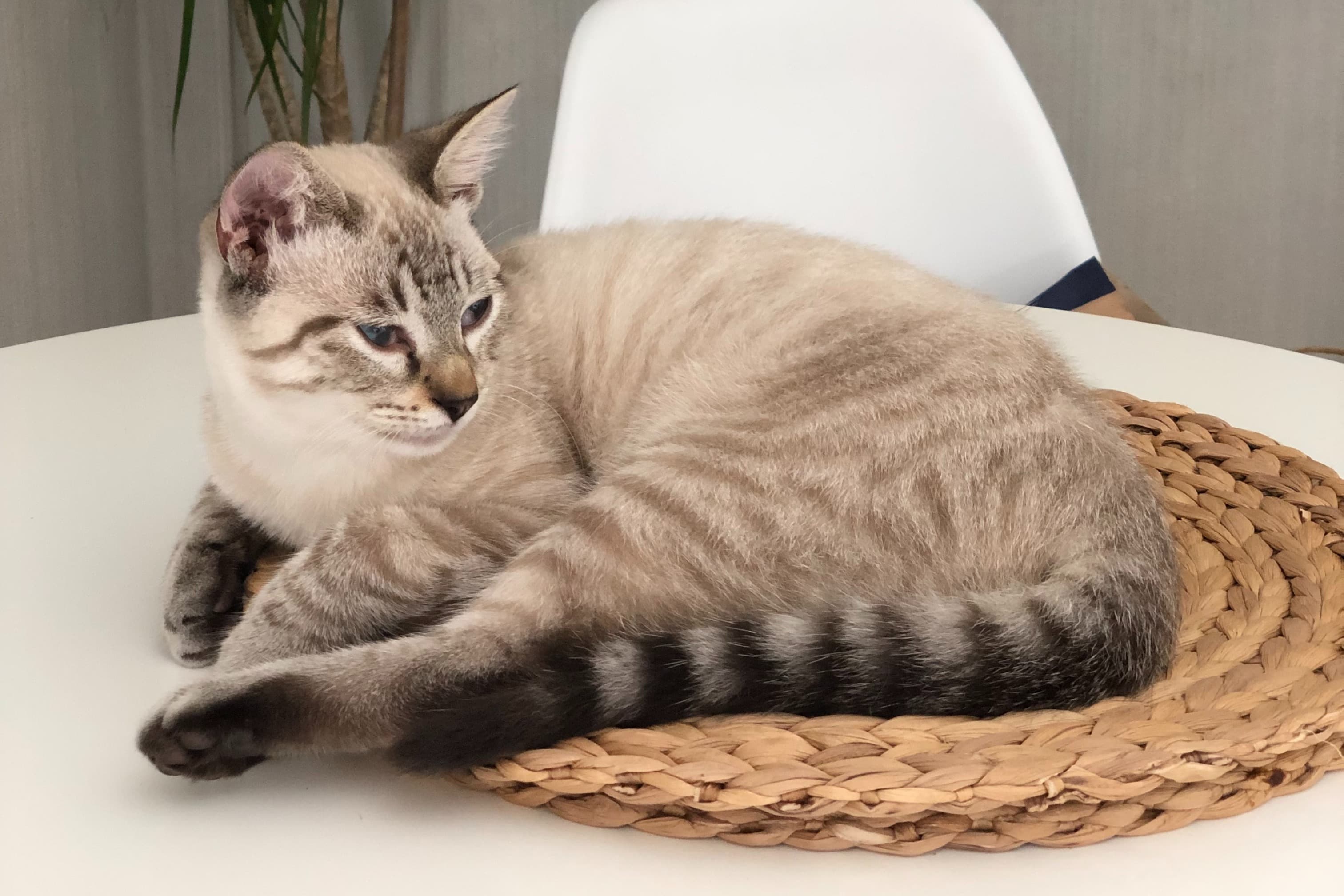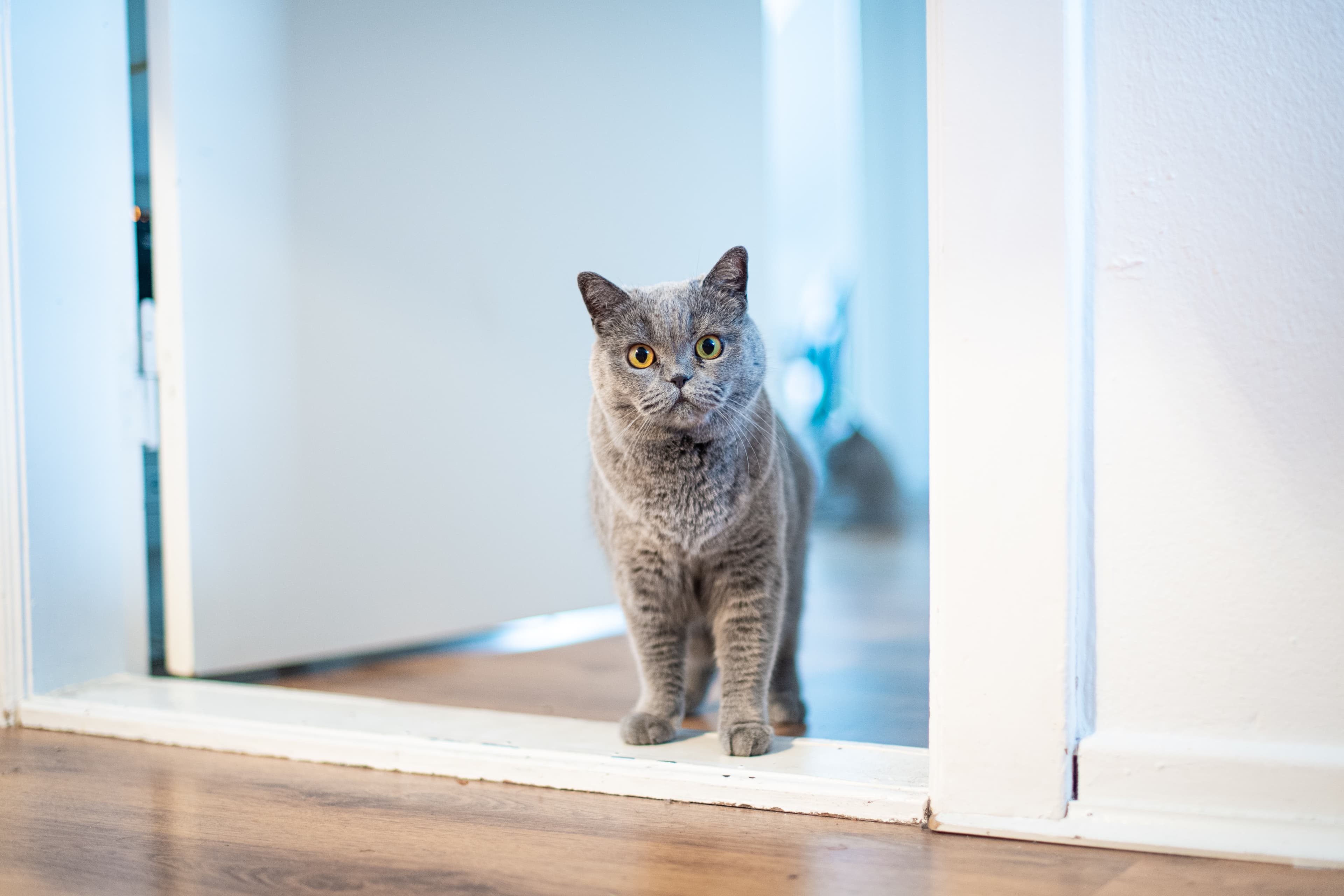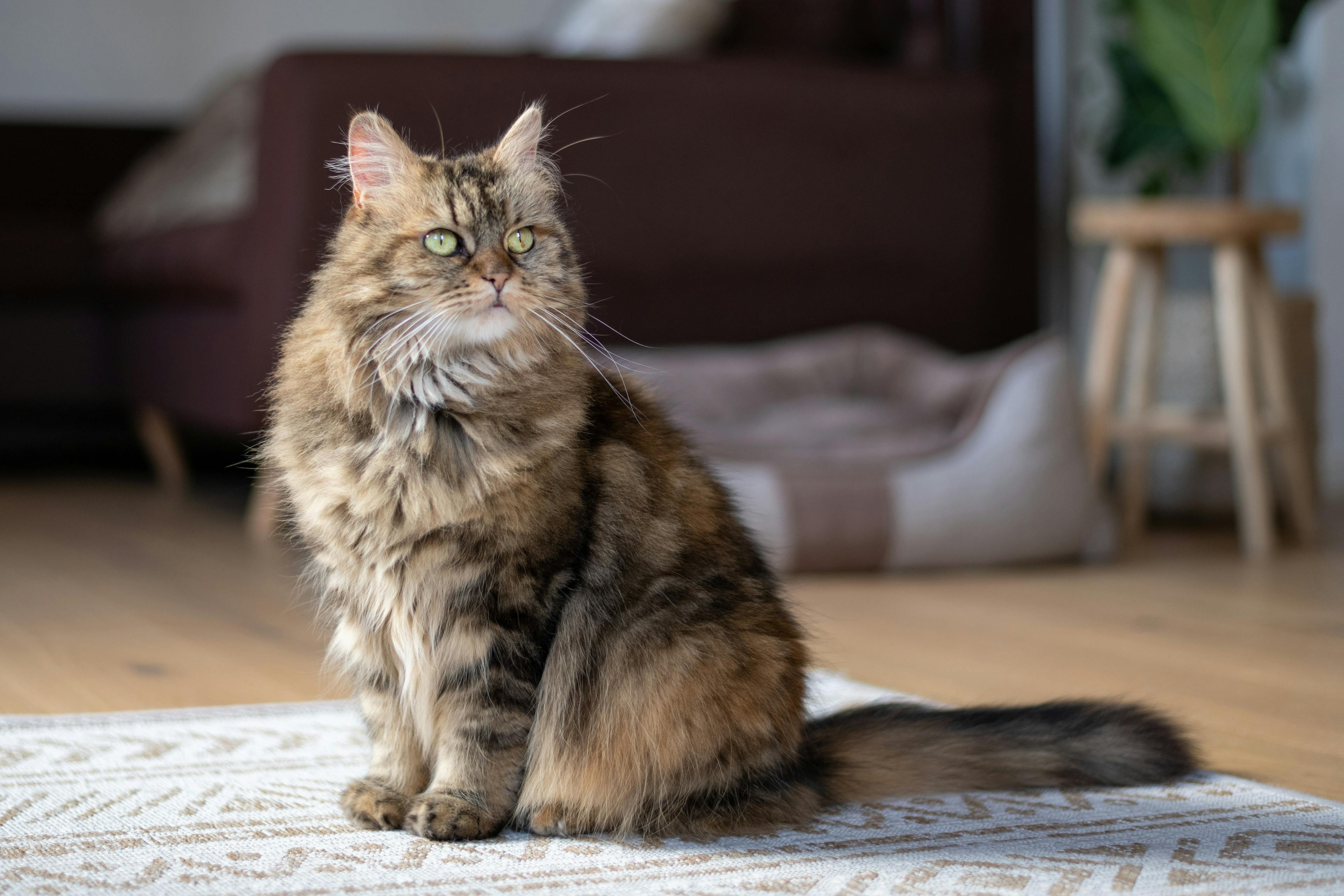How much should my cat eat?
Feeding your cat the right amount of food is essential for their health and well-being. Cats’ nutritional needs depend on factors like age, weight, activity level, and overall health. Overfeeding or underfeeding can lead to problems like obesity or malnutrition, so it's important to find the right balance. Here's a guide to help you determine how much your cat should eat.
1. Age
- Kittens (up to 12 months): Kittens need more calories for growth, typically eating 3-4 times a day. A kitten-specific diet is essential for their development.
- Adult Cats (1-7 years): Adult cats usually need two meals a day. Their calorie needs stabilize during this time, so portion control becomes important.
- Senior Cats (7+ years): Older cats may require specialized diets to accommodate age-related changes, including lower calorie intake to avoid weight gain.
2. Weight and Body Condition
A cat’s food intake should align with their weight and body condition.
- Healthy weight:You should be able to feel their ribs without pressing too hard, and they should have a visible waist.
- Overweight cats: Reduce calorie intake and portion sizes, and consult a vet if needed.
- Underweight cats: Increase their food intake or offer higher-calorie food if necessary.
3. Activity Level
Active cats require more calories than less active ones. Outdoor cats or highly active indoor cats burn more energy and may need more food. Less active or sedentary cats need fewer calories to avoid weight gain.
4. Type of Food
The type of food you feed affects how much your cat should eat:
- Dry food: It is calorie-dense, so smaller portions are enough to meet their energy needs.
- Wet food: Wet food contains more water and fewer calories per gram, so cats may need to eat more of it.
- Combination feeding: Combining dry and wet food offers variety but be careful not to exceed daily calorie requirements.
5. Daily Feeding Guidelines
Here are general daily feeding guidelines based on your cat’s weight:
- Average adult cat (3.5-4.5 kg):180-250 calories per day.
- Larger cats (4.5-7 kg): 200-300 calories per day.
- Smaller cats (2.5-3.5 kg): 150-200 calories per day.
This translates to about 30-50 grams of dry food or two to three 85-gram cans of wet food per day, depending on the caloric content of the food.
6. Monitor and Adjust
Keep an eye on your cat’s weight and adjust their food portions as needed. If you notice any significant weight gain or loss, modify their diet accordingly or consult your veterinarian.
Final Thoughts
Feeding the right amount of food is key to your cat’s overall health. Consider their age, weight, activity level, and the type of food you’re giving when determining portion sizes. Adjust as needed for weight changes and consult a vet if you have any concerns about your cat’s diet.






